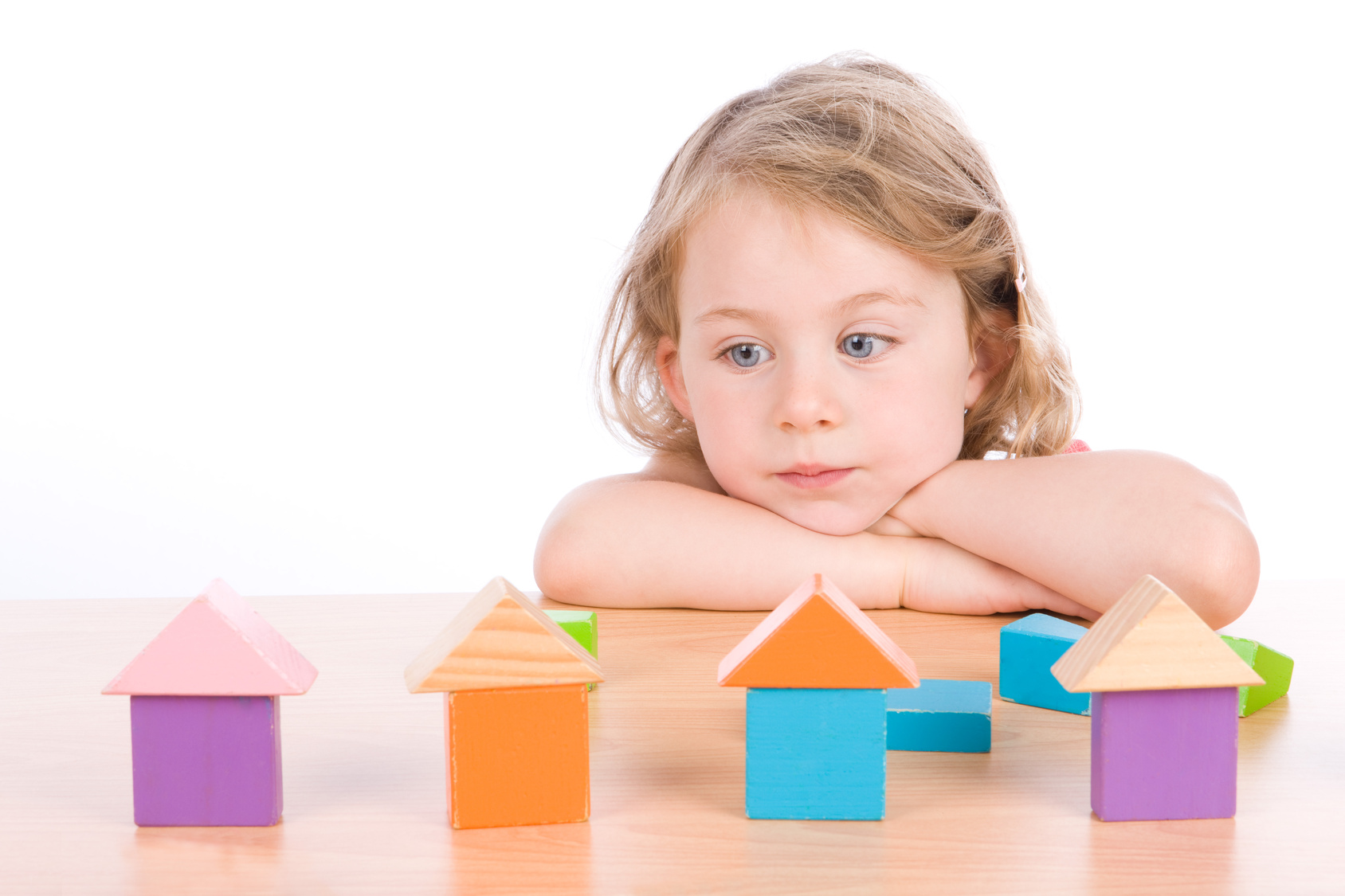Autism in Children – Signs, Symptoms, Causes and Treatment
Autism is said to be a kind of neurodevelopmental disorder. It is usually observed at ages between a few months post birth till three years. Autistic children have impaired verbal, non-verbal, and social interaction. They also show repetitive patterns or obsessive behavior over liking or disliking a particular sound or taste. When it comes to the magnitude or extent of disability, it always varies from person to person. One may find that a few cases improve with time and age, others just worsen over time. Some children (about 10% of the total cases) have extraordinary skills like in math, art, science, etc.
There are major three types of Autism Spectrum Disorders, namely Autistic Disorder, Asperger Syndrome, and Pervasive Developmental Disorder.
- The Autistic Disorder is the most common form of ASD. It involves major delay in learning the language, problems with being familiar with the social interaction, intellectual disabilities, and other unusual behaviors.
- In case of Asperger Syndrome, people show mild symptoms as compared to the Autistic Disorder, such as troubles handling social settings and unusual behaviors that might not seem normal to others. Children do not have any intellect issue or troubles learning the language in this case.
- Pervasive Developmental Disorder, also known as Atypical Autism, usually contains some symptoms of Autistic disorder and some symptoms of Asperger Syndrome. But this category has milder symptoms than the former one. The typical signs involve language and social interaction issues.

Common Symptoms of Autism
Although, all children might or might not show some or all the symptoms mentioned below, therefore, the parents should watch out some early signs and get a clearly diagnosed picture whether their child has it or not. The early treatment would likely improve their current condition and that would later benefit them in terms of the overall development for survival. The typical signs and symptoms of Autism include the following:
- Not making noises to grab parents’ attention
- Not having an eye contact
- Not responding if someone calls their name
- Not reciprocating the joyful facial expressions like smiles
- Not showing urges to give or receive hugs and cuddles
- Not calling for the basic requests
- Delayed language development
- Not pointing at things or other people, or waving goodbye or responding to goodbyes waved at them
- Not playing with toys but lining them all together
- Mimicking what people say to them
- Self-stimulatory behaviors
- Repetitively running close to a wall and then looking sideways
- Flapping hands
- Not following the people by eyes

Many parents in their initial days of parenting misinterpret the issue and consider their child as an obedient baby who isn’t demanding and doesn’t cry. But gradually if the child does not learn to speak at an expected age of 2 to 3 years, they start worrying. Since parents watch their kids quite closely throughout the day, they must not ignore the symptoms but always take note and describe that to the pediatrician. The doctor will examine the case and come up with a true picture.
Causes of Autism
Although the actual causes of Autism are unknown, the researchers believe that there could be environmental, biological, and genetic factors responsible for it. Genes play a major role in this case. For instance, the identical twins, both of which may most likely develop Autism, one after other or at the same time, if one is already diagnosed. Another factor to be noted is boys are five times more likely to develop Autism as compared to girls. Other causes include:
- Fragile X syndrome, common inherited form of disability in terms of intellect
- Tuberculosis
- Rubella in pregnant mothers
- Untreated PKU (phenylketonuria), meaning when the body lacks a particular enzyme responsible for normal metabolism
- Encephalitis or brain inflammation
Some scientists also believed that the measles-mumps-rubella (MMR) contains a mercury-based preservative which may cause Autism. But there is no clear evidence that supports this claim.
Autism Treatment
When it comes to the treatment, all children have different issues and the treatment should be based on that. It is always suggested to diagnose this health trouble earlier in order to prevent the seriousness that might occur later.
The pediatrician usually prescribes medicines, or behavioral treatments, or the combination of both, depending on the type severity of the case. People who are suffering from Autism may also have other physical issues, such as gastrointestinal distress, sleep disturbance, and seizures. The medications will be based on that as well.




Recent Comments